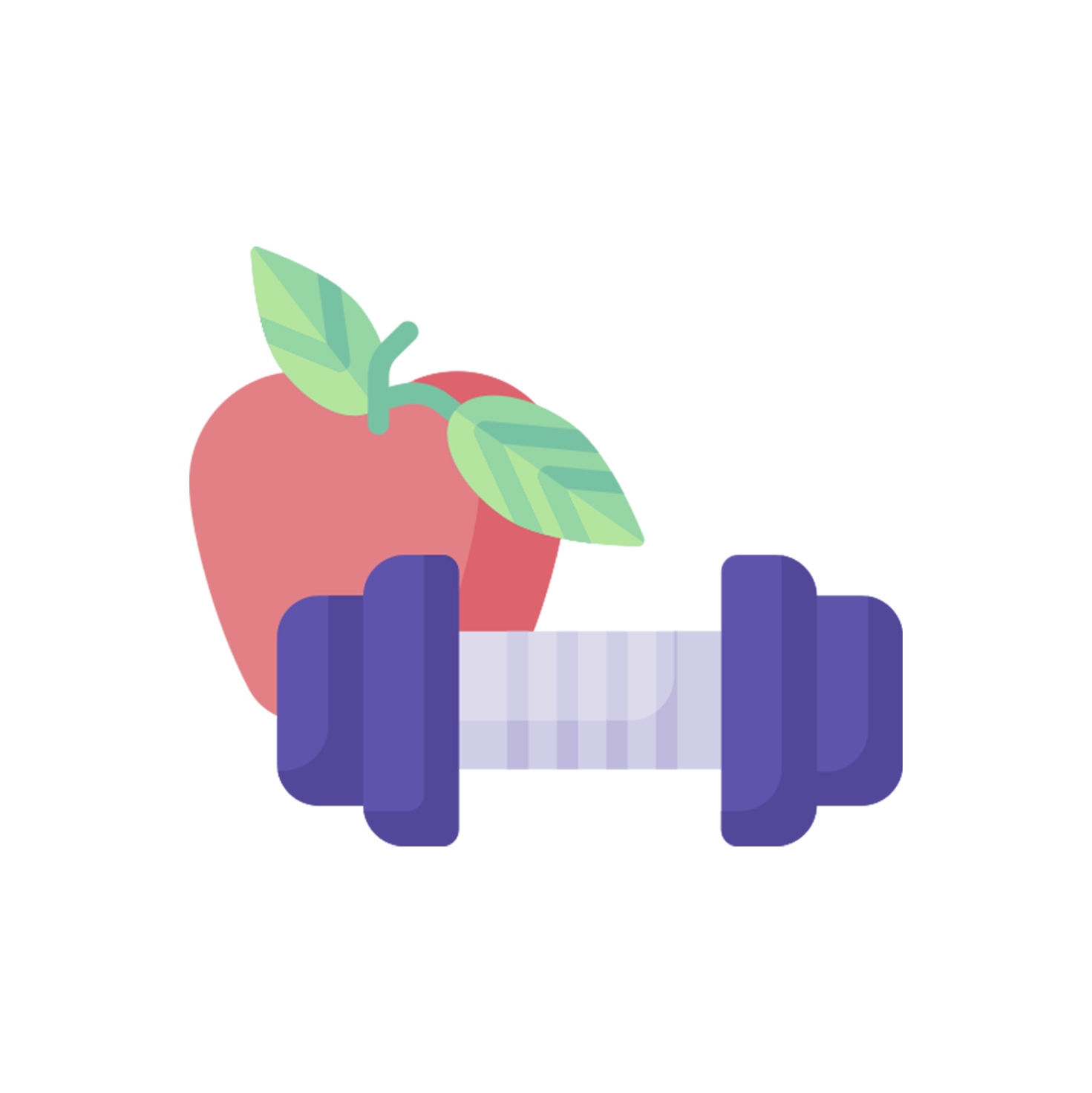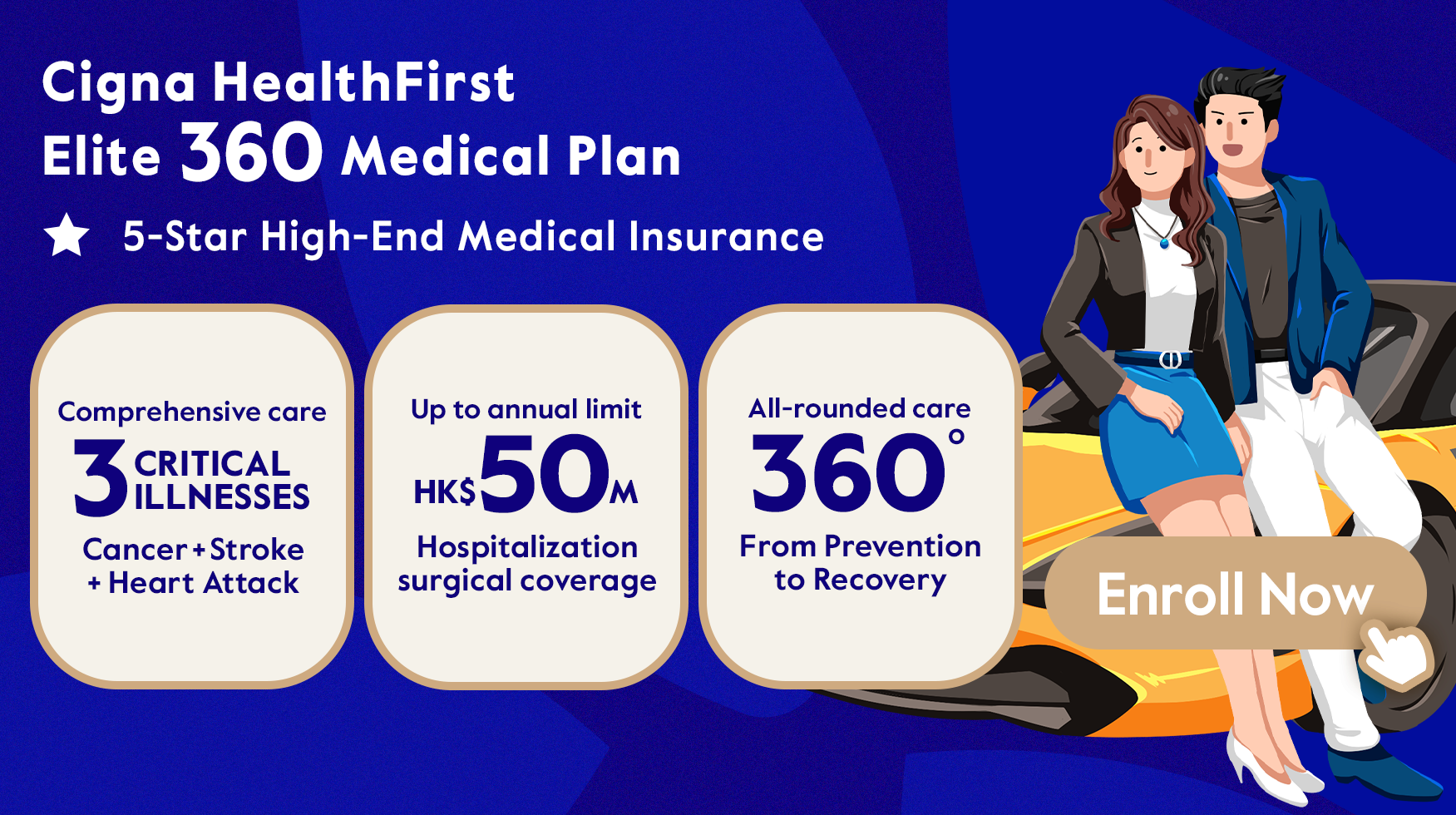Starting a family involves a lot of planning to ensure that your body is ready for pregnancy, while it is just as important that couples have their financials in order to prepare for the expenses ahead.
It is helpful to make a pregnancy preparation checklist when you are trying to conceive. Experts recommend that women who are planning for a baby should start seeing an obstetrician for best advice on getting ready for pregnancy and what to do to get pregnant.
Nutritional needs for pregnancy
Women who hope to conceive should focus on nutritional needs that make them more healthy or boost fertility.
Coenzyme Q10 (CoQ10): CoQ10 can be found in organ meats, vegetables such as spinach, cauliflower and legumes. It’s believed that CoQ10 can enhance fertility.
Folic acid: experts recommend that women take 400 mcg of folic acid every day at least a month before getting pregnant to help prevent major congenital disabilities.
Vitamin D: Vitamin D deficiency has been found to be associated with an increased risk of pre-eclampsia, gestational diabetes mellitus and preterm birth. Women planning for pregnancy are encouraged to consume foods rich in vitamin D such as oily fish (salmon, sardines etc.), eggs and beef liver.
More importantly, the expectant mother should eat a healthy and balanced diet for the healthy growth of her baby.
Do's and dont's during pregnancy
Prenatal appointments
Schedule a prenatal appointment as soon as you think you are pregnant. Prenatal care is crucial for a healthy pregnancy, speak to the healthcare professionals about your concern on the pregnancy and the baby.
Get active
It is recommended that women should maintain an exercise routine throughout their pregnancy. Aim for at least 30 minutes of moderate activity such as walking and swimming, for a total of five sessions each week.
What to avoid during pregnancy: smoking, caffeine and alcohol
Smoking exposes your baby to harmful chemicals and can even cause pre-term labour, be sure to stay in a safe environment as second-hand smoke is just as harmful.
Avoid alcohol altogether as it can cause fetal alcohol syndrome, as well as life-long physical and behavioural problems in children. You can still enjoy coffee, but at a limit of 12 ounces per day.
Cigna HealthFirst Elite 360 Medical Plan offers comprehensive and personalized medical coverage across the stage prevention, diagnosis, treatment and recovery, with a range of hospital and surgical benefits, optional insurance benefits with an annual limit of up to HK$50 million, personalized health assessment, three critical illnesses(cancer, stroke and heart attack) all-rounded care and international medical concierge service. A 360-degree total health protection that spans across all the key stages of your health journey. Learn more here.
Sources:
© Cigna Healthcare 2023
Information provided in this article is intended for health and fitness purposes only and is not intended for use in the diagnosis of disease or other conditions, or in the cure, mitigation, treatment or prevention of disease (see Terms & Conditions for details). Any health-related information found in this article is available only for your interest and should not be treated as medical advice. Users should seek any medical advice from a physician, especially before self-diagnosing any ailment or embarking on any new lifestyle or exercise regime. Any information contained in this article may not be suitable, accurate, complete or reliable. Cigna Healthcare accepts no responsibility for the content or accuracy of information contained on external websites or resources, or for the security and safety of using them. "Cigna Healthcare" and the "Tree of Life" logo are registered trademarks of Cigna Intellectual Property, Inc. in the United States and elsewhere, licensed for use. All products and services are provided by or through operating subsidiaries, and not by The Cigna Group.




